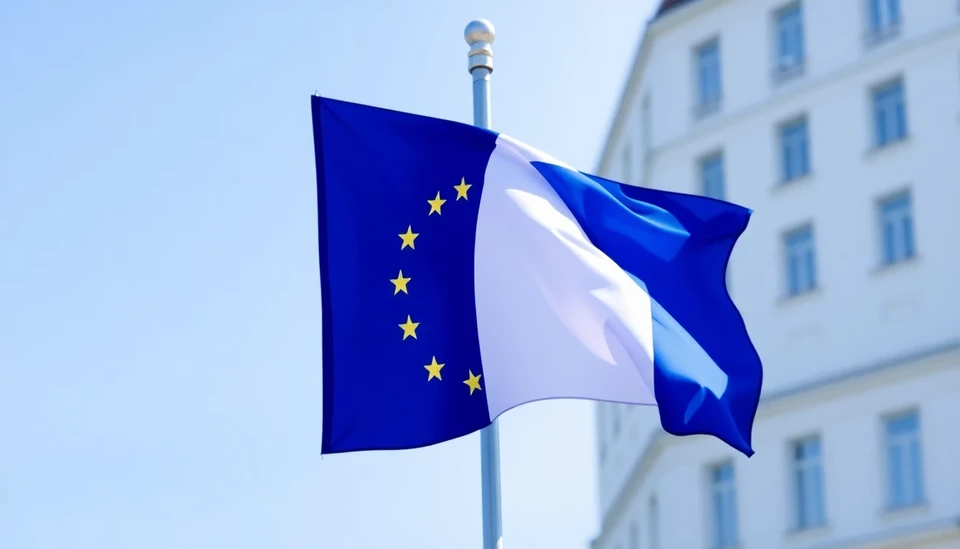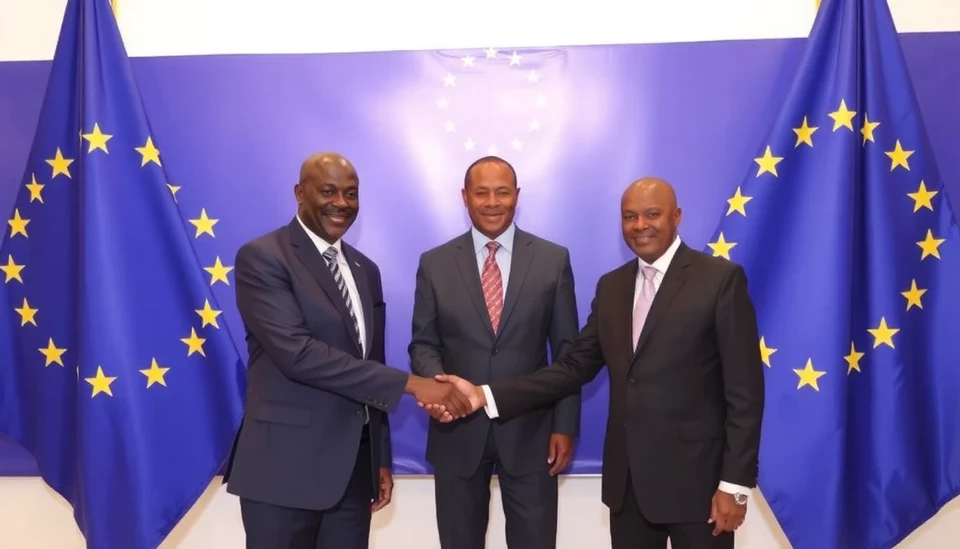
In a significant shift in the fiscal landscape, the European Union has expressed approval of France's revised fiscal strategy, asserting that it aligns with the bloc's regulations. This move comes as a relief for the French government, which has been working diligently to navigate the complexities of EU economic guidelines while attempting to stimulate national growth.
France's government, under President Emmanuel Macron, has proposed a new budgetary pathway aimed at curbing public debt and promoting economic recovery. This comes on the heels of a precarious economic period characterized by inflationary pressures and energy crises, which have forced many EU nations to reassess their fiscal policies and priorities.
The European Commission highlighted that France's fiscal plans, which include measures to reduce the budget deficit and restore public finances to a more sustainable level, meet the stipulations outlined in the bloc's fiscal governance framework. This approval marks a pivotal moment as it reinforces the EU's commitment to its member states while recognizing the unique economic challenges faced by each nation.
French Finance Minister Bruno Le Maire has welcomed this endorsement, stating it is a testament to the government's efforts in implementing responsible fiscal policies. He emphasized the importance of balancing fiscal prudence with the necessity to foster growth and innovation within the economy.
In detail, the proposed reforms encompass a phased approach to reducing the national debt, projected to decline from approximately 112% of GDP to below the EU's limit of 60%, as well as implementing policies that invigorate job creation and support vulnerable populations affected by economic turbulence.
The approval from the EU comes at a time when several other member states are grappling with their own fiscal challenges. By showcasing a successful example of compliance and reform, France hopes to inspire other nations to pursue similar pathways that emphasize responsible governance and economic resilience.
Furthermore, this decision could have wider implications on the EU's collective fiscal framework, as it sets a precedent for flexible interpretations of the fiscal rules based on individual country contexts. Analysts believe that this could pave the way for a more pragmatic approach to EU fiscal policy, particularly as the region looks to recover from the lingering effects of the pandemic and other economic disruptions.
As France prepares to implement its plans, all eyes will be on the outcomes of these new policies and their impact not only on the French economy but also across the broader European landscape. Stakeholders are hopeful that this will lead to a renewed sense of stability and growth within the Eurozone.
In conclusion, the EU's validation of France's fiscal strategy highlights a collaborative effort to maintain economic stability while accommodating the unique challenges faced by member states. This could ultimately redefine the landscape of fiscal governance within the EU, demonstrating that flexibility and adaptation are essential in navigating today's complex economic realities.
#EU #France #FiscalPolicy #EconomicRecovery #EmmanuelMacron #BrunoLeMaire #BudgetStrategy #PublicDebt #Eurozone
Author: Daniel Foster




